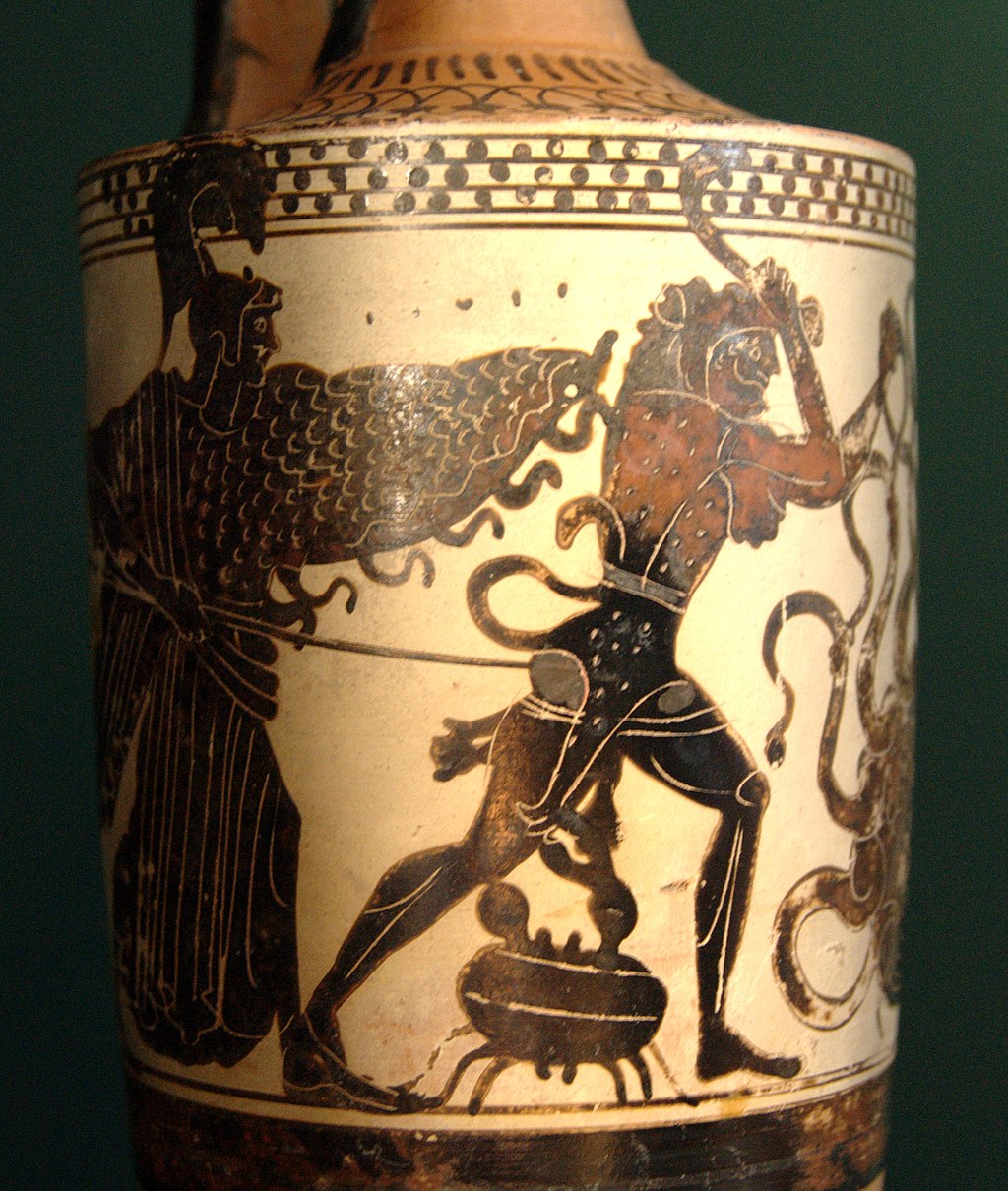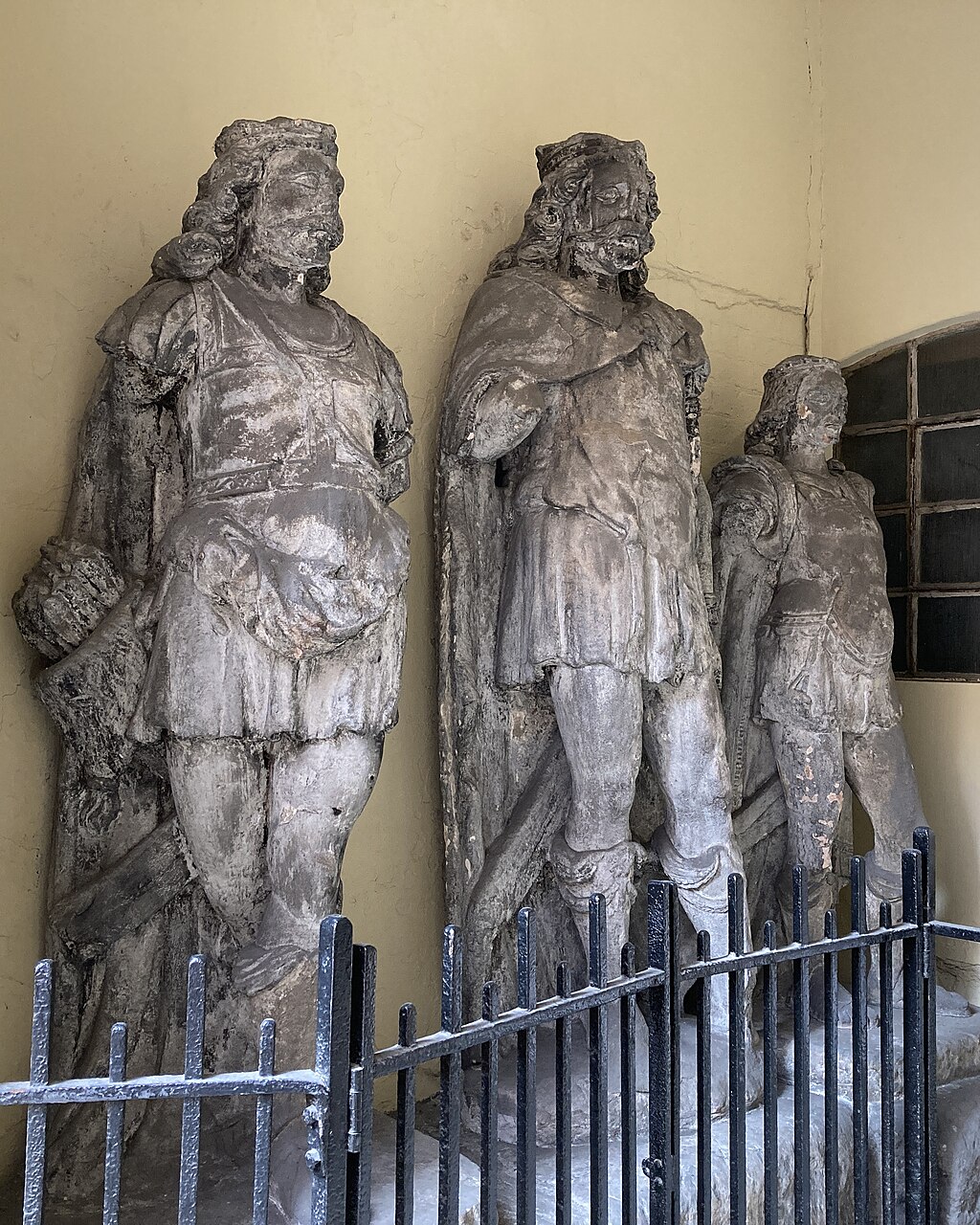Carcinus

Cancer, also known as Carcinus (Ancient Greek: Καρκίνος, romanized: Karkínos, lit. 'crab') or simply "the Crab," features in Greek mythology as a colossal crustacean that dwelled in the murky waters of the Lerna lagoon. Though a supporting character in the grand narrative of Heracles' twelve labors, this formidable creature plays a significant role during the hero's confrontation with the Hydra of Lerna.
According to the myth, while Heracles was engaged in fierce combat with the multi-headed Hydra, the goddess Hera—perpetual antagonist to the hero—dispatched the giant crab to intervene. Cancer attacked Heracles, creating an additional challenge during his already difficult battle. Despite this divine complication, Heracles proved victorious, swiftly dispatching the crab.
Impressed by the creature's loyalty and bravery in service to her designs, Hera honored Cancer by transforming him into the celestial constellation that bears his name. The crab's involvement in the Heracles saga does not appear in every surviving version of the tale, as it represents a secondary element often omitted in abbreviated retellings. Nevertheless, its significance is affirmed through mentions by prominent classical writers including Plato, Pseudo-Eratosthenes, Apollodorus, and Hyginus, who each acknowledge the crab's role in their accounts of the myth.
Modern scholars have proposed various interpretations of this mythological episode. One prevalent theory connects the narrative to actual historical events, suggesting it symbolizes a military conflict that occurred in the Peloponnese around the 22nd century BC. This battle reportedly resulted in the destruction of Lerna—a settlement with Minoan influences—by pre-Mycenaean peoples, with the mythological elements serving as allegorical representations of this historical conflict.
In artistic depictions throughout antiquity, Cancer typically appears either as a supplementary detail in scenes portraying Heracles' battle with the Hydra or as a representation of the zodiac sign and constellation to which it lends its name—continuing its legacy from earthly combatant to eternal celestial presence.


